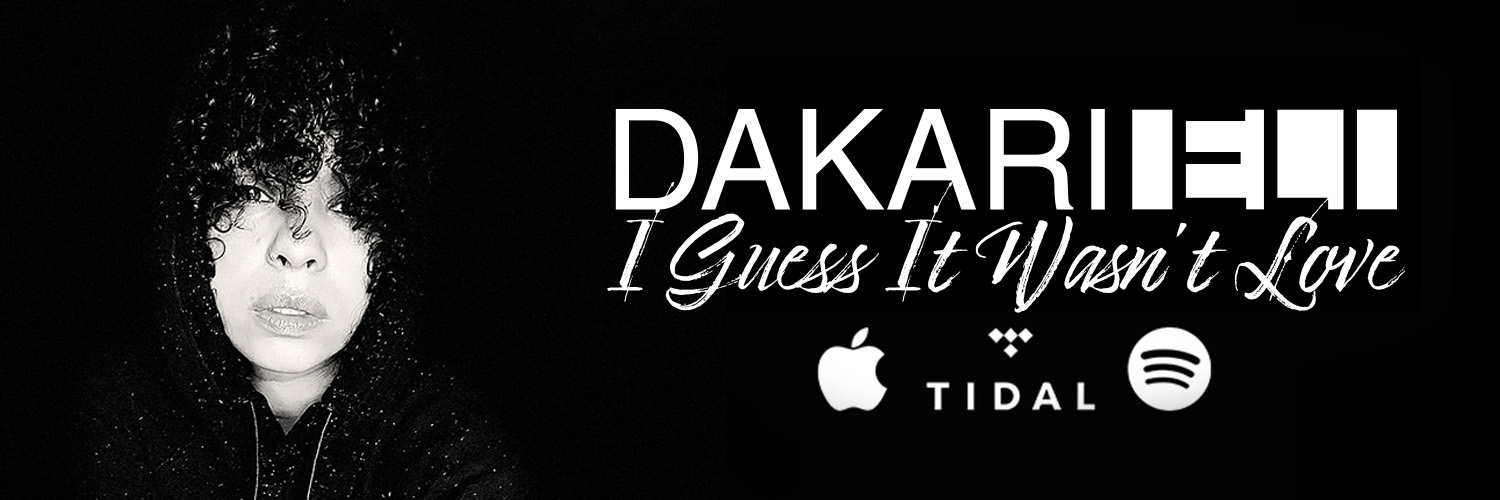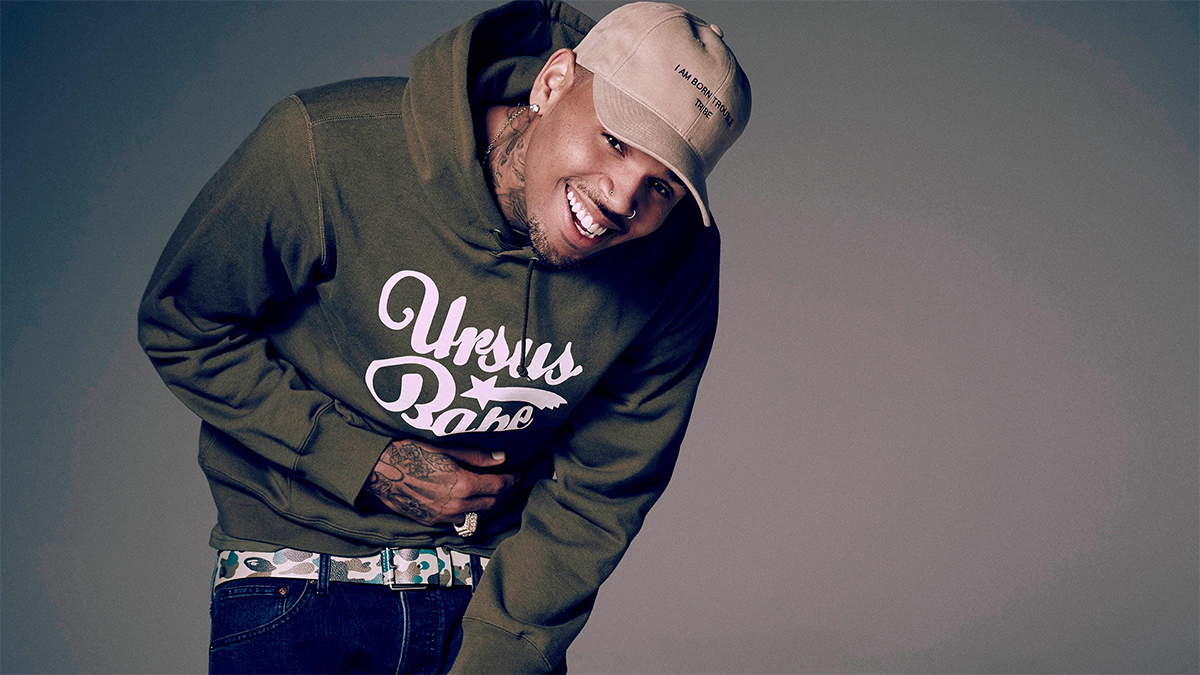Tyaisha Blount-Dillon is a former federal leader who turned her focus to health advocacy after being diagnosed with young-onset Parkinson’s disease. She founded the Thriving Brain and Development (TBD) Project to promote brain health awareness and education, especially for underserved communities and children.
Recognized with the Matthew T. Robinson Award in 2023, Tyaisha also served with the Emory Brain Health Center and the Parkinson’s Foundation, championing inclusive care and patient support. In this interview, she shares her journey and her efforts to inspire healthier, more equitable communities.
What inspired you to work in environmental programs?
So, what inspired me was probably my parents. My mom came from Opelousas, Louisiana, and was big into agriculture. And my dad was an environmental person in his own right. So, you know, as a young child, I remember my parents composting in the backyard. They had a garden. They helped me with the recycling program because recycling kind of had its big start in the 70s. I don’t want to tell my age, but 1970s. The schools basically got parents to recycle because we came home and said, “Hey, mom, dad, why don’t we recycle?” And so, it was a whole family affair. My parents actually would have me recycling cans and stuff like that. I kind of had a little hustle doing that. So, that’s how I got into it.
How did it shape your leadership style for your role in Southern Region Sustainable Operations?
Yes, and that will tie into the leadership… I worked for the Forest Service previously. The Forest Service does a lot of conservation work and makes sure that the water and soil resources are protected. That was mainly my focus. Thus, the Sustainable Operations Program originated from an initiative advocated by former President Obama. We had specific measures to implement that focused on conserving water, energy, and similar resources. And so, I did add detail to that program, and then eventually, I got the job as a Sustainable Operations Coordinator. And actually, it fits hand-in-hand with my first degree in Environmental Management. And so, that’s how I got into that.
My leadership style was very transparent and definitely focused on building relationships. I took that leadership style from the first job I had in the Forest Service as a professional. I was the Motor Vehicle Use Map Coordinator. I built a relationship with the people in the Forest Service by calling everybody, including all the coordinators in the service, and just building a rapport with them. I found that you could really work better with them to implement the program if you knew them and had a rapport. That’s the same leadership style that I took with the Sustainable Operations Coordinator position.
After your Parkinson’s diagnosis, how did your career and personal goals change?
I was dealing with the symptoms well before I was diagnosed. So, the whole time I was working in the agency, I was plagued with the horrible symptoms of Parkinson’s. I just had to work through them. And then everything reached a head and changed when I had brain stimulation surgery. You’re dealing with the brain, and that’s intense, and the recovery was not what I expected. You know, everybody’s like, you’ll go back to work pretty soon. You’ll go back to work quickly. But my body didn’t work very well. I felt like I had to learn to walk for the second time all over again. And so, basically, I had to take a step back and decide to reevaluate my career.

I also had trouble speaking. The way I’m speaking now is not the way I was speaking after I had deep brain stimulation. I sound very slurred, and I did not like that… A friend of mine and I were talking the other day, and she was like, you had a problem speaking? I can’t imagine that. I like to talk, and I like to laugh and have a good time and express that verbally. I just understood that I had to work on this because I cannot effectively lead in an environment where they don’t always see us and be taken seriously. I had to just work on my articulation and my ability to move physically. So, I just took a step back and decided to reinvent myself.
What are your hopes for the future of the Thriving Brain and Development Project?
Yes. So, I have two main hopes. One thing is when I started this journey with Parkinson’s disease; I did not realize that there was so much work that you had to do to maintain yourself. It’s not like you’re diagnosed with Parkinson’s, and you go to the doctor, and they say, here, take this medicine, and you’re healed. No. You have to put in work, and part of that is working out. You have to exercise very, very hard. You have to exercise like your life depends on it. And nobody told me that.
Nobody told me you have a window of hope. You take this medicine, but if you work out, you have a greater window of hope. Exercise is medicine. And nobody told me that nutrition is medicine. And so, and the third part is nobody told me that getting genetically tested is medicine, right? Because if you get genetically tested, they can make patient-specific treatments for you. So, my hope with the Thriving Brain and Development Project is to make sure that patients have access to information about those things that I just mentioned. The second thing is, you know, sustainability. I have a passion for sustainability, and I have a passion for brain health with kids. And so, fortunately, a lot of the programs that are implemented with sustainable operations and green schools and stuff like that do create an environment where kids have a healthy brain, right? And so that comes hand-in-hand with the Thriving Brain and Development Project.
You’ve created programs to mentor young parents and support women and children. Why is this type of work important to you?
I think we’re so overlooked. We’re not seen all the time in so many places. And so, the more I can give, the more I can say I see you, and I support you, I think that makes the world a better place.
Lastly, what message do you want to share with people facing health challenges or leadership struggles?
Don’t give up. You can always have a seat at the table. I mean, not even a seat. You just bust that door down. I have sat on boards of different organizations. I’ve been on the board of Inlay Brain Health Center… A lot of times, they accuse African Americans of not participating in studies, clinical studies, or genetic tests. This often leads to our information being misused. Well, not if you’re sitting at the table. You can see what’s going on. There are a lot of opportunities for us to take a seat at the table.
And if you really want to make a difference and support what we do, my call to action would be to go to the https://www.thetbdprojectinc.org/ website and just donate because that’s how the programs are going to be rolled out by the funding. And you don’t have to give much. You can help support the programs that are going to help our community.
Be’n Original






